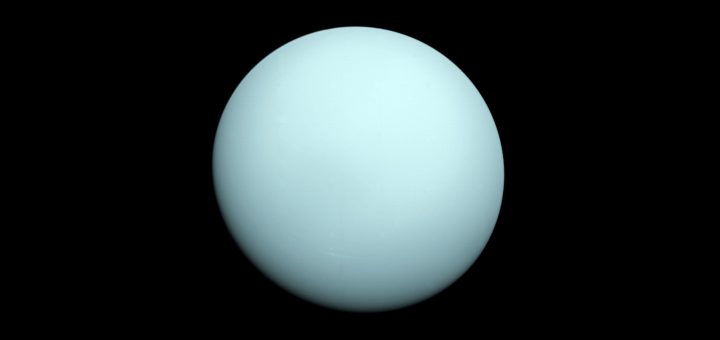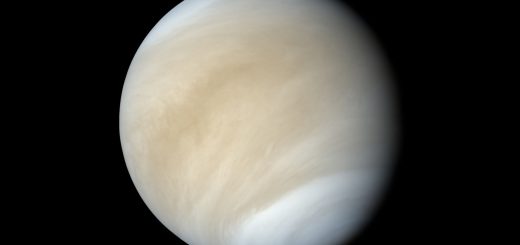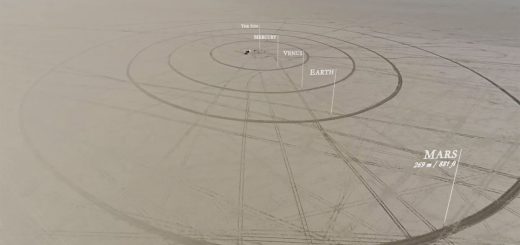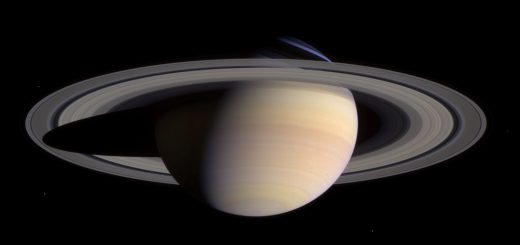Uranus

Hey you back there, stop your sniggering! Uranus is seventh planet from the Sun, and it’s unique in oh so many ways.
Firstly, it’s the only planet to named after an Ancient Greek god, Ouranos, rather than a Roman one. Ouranos was the primordial and original Greek god of the sky. His counterpart in Roman mythology is Caelum, who, if they chose his name instead, would certainly have resulted in a planet that’s less laughed at.
Together with Gaia, the primordial goddess of the Earth, Ouranos sired 12 children, including Cronus — the Greek equivalent of Saturn.
After locking way some of his children deep in the belly of the Earth, Gaia sought revenge and crafted a sickle. In the end, Cronus killed his father by cutting off his testicles with that sickle.
Other fun facts about Uranus:
- Discovered in 1781 by William Herschel, Uranus was the first planet to be discovered in modern times. Everything from Mercury to Saturn was observable as points of light in the night sky to our ancient forebears.
- When asked to name his discovery, Herschel wanted to christen the planet Georgium Sidus (Latin for George’s star) after King George III. Naturally this wasn’t too popular outside of Great Britain. Neptune was proposed before it was decided to name it Uranus.
- Other planets look like spinning tops as they circle the Sun, as they have an axis of rotation roughly perpendicular to their plane of orbit. Uranus, on the other hand, has its axis tilted 97 degrees, so it looks like its rolling forward, although it only ever twice faces in its actual direction of travel.
Header image: Uranus by Voyager 2, NASA.



